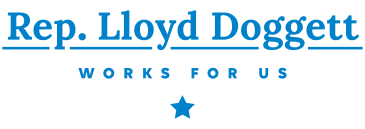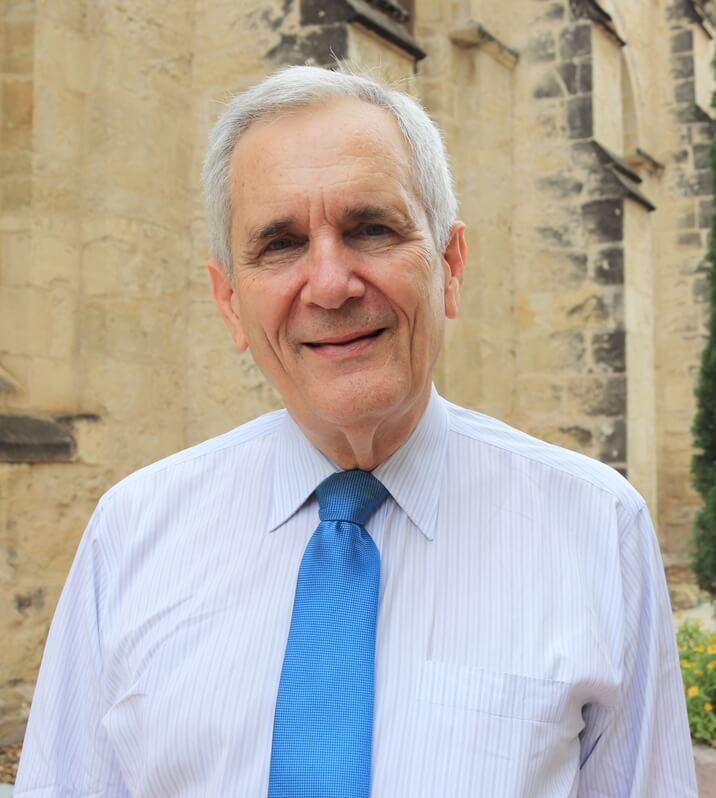In the Democrats’ COVID relief package, called the American Relief Plan, President Joe Biden thought he’d come up with an offer that states couldn’t refuse. As we discussed in March, the policy may sound a little complicated, but the offer was straightforward: under the ACA, the federal government already covers 90% of the costs of expanding Medicaid. As Vox explained, the Democrats’ relief package ups the ante: “[N]ewly expanding states would also receive a 5 percent bump in the federal funding match for their traditional Medicaid programs for two years. Because the traditional Medicaid population is significantly larger than the expansion population, the funding bump is projected to cover a state’s 10 percent match for expansion enrollees and then some over those two years.”
It led Jon Chait to joke, “Now states taking the Medicaid expansion would have more than 100 percent of the cost covered by Washington. They would literally have to pay for the privilege of denying coverage to their poorest citizens.”
Three months later, how many states did the obvious thing? None. Literally, not one of the 12 holdouts has budged.
And for health care advocates, this has led to a fresh round of policy creativity. If Republicans in these dozen states won’t accept the arithmetic, and aren’t even prepared to accept new federal resources, maybe there’s a way to go around them? The Washington Post highlighted a new proposal from Rep. Lloyd Doggett (D-Tex.), who’s introduced a bill to empower cities and counties to bypass their state governments.
The bill would create, for the first time, a local pathway for expanding the health insurance program for the low-income…. Cities, counties or even hospital districts could get special permission from the Centers for Medicare and Medicaid Services to expand Medicaid within their own jurisdiction. The permission, granted through what are known as “demonstration projects,” would last for five years, with an option to extend for an additional five years. It would provide the same federal assistance provided to states; localities would have all of their expansion costs covered for the first three years, with the federal subsidies phased down to 90 percent of costs by the seventh year.
The bill is called the “Cover Outstanding Vulnerable Expansion-eligible Residents” (COVER) Now Act,” and it was introduced late last week. As of this morning, Doggett’s proposal has picked up 42 co-sponsors — including House Majority Whip James Clyburn (D-S.C.).
News Credit
******************************************************
Author: Steve Benen
Publisher: MSNBC
Date: June 21, 2021


